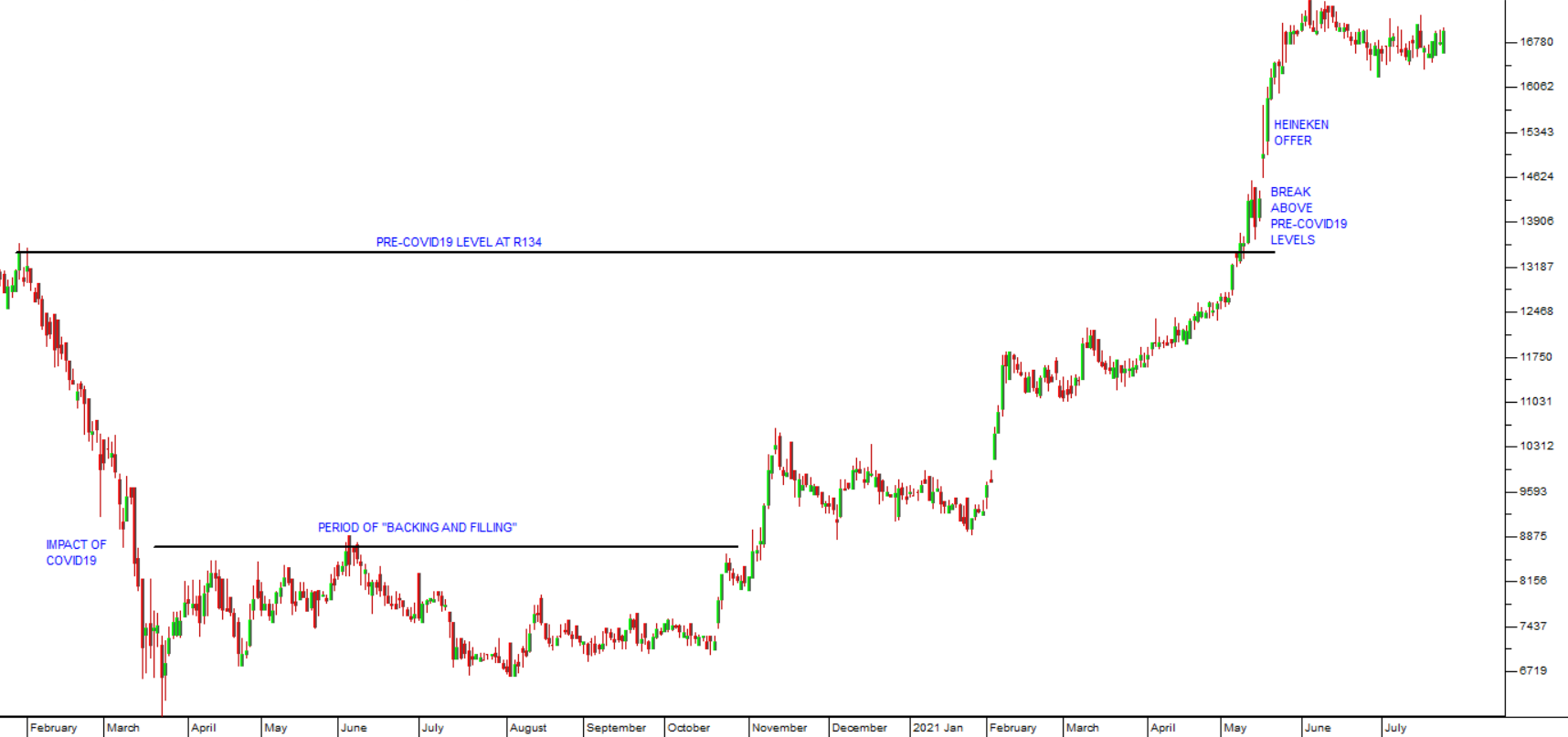Capitalising on Chaos
15 July 2021 By PDSNETThe most dangerous man is the one who has nothing to lose. He is not afraid of imprisonment because at least there he will have a roof over his head, food and clothing. For the past 12 years South Africa has been bringing much of its population to that point of desperation. Unemployment, the lack of service delivery and extreme poverty have become endemic.
At the same time citizens have been systematically encouraged to believe that the rule of law is not something that they have to take seriously. This can be clearly seen on our roads every day. It has been well said that South Africa does not have rules of the road any longer – just guidelines. Only about 4% of the tickets for traffic infringements are ever paid – which means that the rules of the road are flaunted with impunity.
Most of our 257 municipalities have become so corrupt and incompetent that the most basic services like water and electricity are not available or are intermittent in many areas. The population is uncontrolled, angry and many are starving. The deadly triumvirate of corruption, incompetence and indolence among government officials has seen them substantially paralyzed and unable to respond effectively to this emergency.
This is indeed a fertile ground for the anarchy. In many senses, we are reaping what we have sown.
On a positive note, most calamities, whatever they are, hold an opportunity for the astute investor. This can be seen from the spectacular and classical “V-bottom” in shares caused by the pandemic (which we predicted in March 2020). COVID-19 offered a unique opportunity for private investors to fill their pockets with high-quality shares at bargain prices. Most of those shares have gone on to yield a handsome capital gain as the situation normalized.
So, as a private investor, you need to gaze into the future and ask yourself whether the current chaos in the South African economy will persist. Where will we be in 6 months or a year’s time? On Monday, most quality shares did not react to the looting and violence, but on Tuesday there was definitely some strong selling on fear and most shares were down – but not hectically. Shares which have been affected are shares like Transaction Capital (TCP) which has significant exposure to the taxi industry.
The rand, which is the best measure of the chaos, too took a bath – but not by nearly as much as one would have expected. At the time that the looting began, the rand was already in a downward trend as a result of an international shift to “risk-on” – which was nothing to do with South Africa. Consider the chart:
.png)
As a result of the “risk-off” sentiment, the rand fell from around R13.43 to the US dollar to around R14.30 and was returning to stability there. We were anticipating that it would strengthen from that point. Instead, because of the unrest, it has fallen further to levels around R14.78, but appears to have found some solid support there. The fact that it has not weakened further than this is encouraging. It indicates that most foreign investors probably see the chaos here as temporary.
It is, perhaps, too soon to say that the situation has morphed into a buying opportunity – but, in our opinion, if the unrest continues for much longer, it inevitably will. We see definite signs that the situation is coming under control, especially in Gauteng, but the situation in Natal remains fluid and uncertain.
We certainly do not see this as a moment to begin selling quality shares. Rather, you should be looking to add your holdings of those blue chips with good potential which have fallen – like Transaction Capital.
We are saddened by the events that have taken place in South Africa, particularly in KwaZulu-Natal and Gauteng.
Our thoughts are with those that have been affected.
DISCLAIMER
All information and data contained within the PDSnet Articles is for informational purposes only. PDSnet makes no representations as to the accuracy, completeness, suitability, or validity, of any information, and shall not be liable for any errors, omissions, or any losses, injuries, or damages arising from its display or use. Information in the PDSnet Articles are based on the author’s opinion and experience and should not be considered professional financial investment advice. The ideas and strategies should never be used without first assessing your own personal and financial situation, or without consulting a financial professional. Thoughts and opinions will also change from time to time as more information is accumulated. PDSnet reserves the right to delete any comment or opinion for any reason.
Share this article:

.png)
.png)